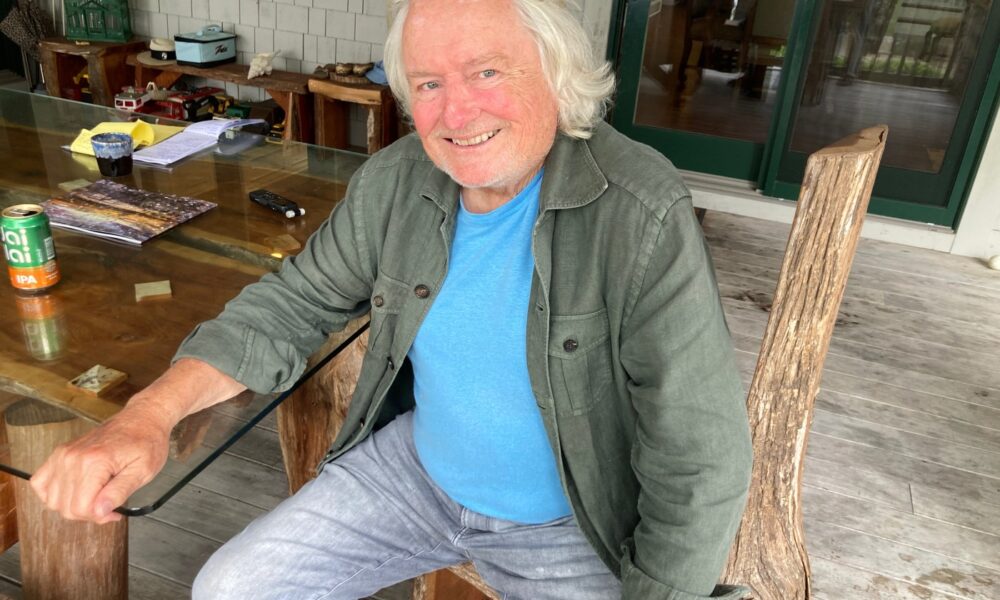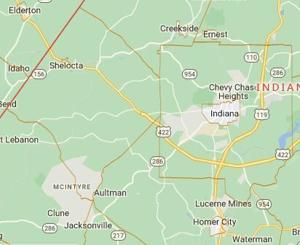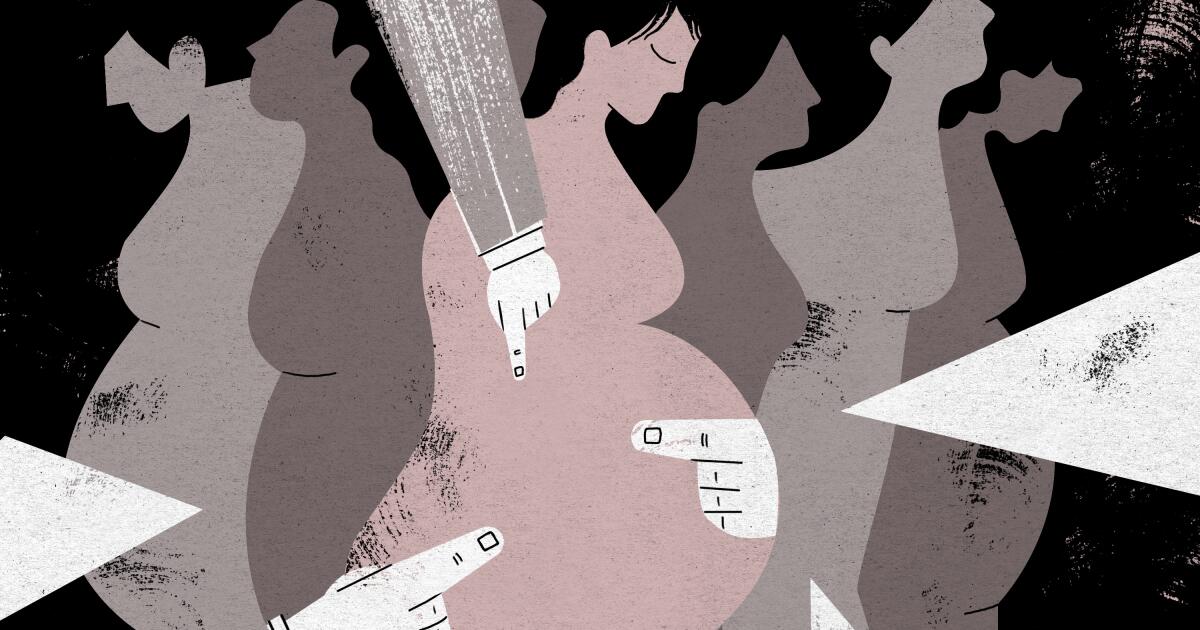In the 1986 Florida gubernatorial election, the Democratic Party faced a pivotal moment that would reshape its future. Despite a strong foundation, with popular Governor Bob Graham in his final year and Democrats controlling both houses of the Legislature, the party chose to nominate Steve Pajcic, a more liberal candidate, instead of a moderate centrist.
Pajcic, a lawyer from Jacksonville, had a decade of experience in the state House and was known for his policy-driven approach. He secured the Democratic nomination over more moderate candidates like Harry Johnston and Jim Smith. However, the contentious primary left the party fractured, while Republicans united behind Bob Martinez, a former mayor of Tampa and a rare Republican candidate in the state since Reconstruction.
The election marked a significant turning point for Florida politics, as Pajcic’s liberal record became a target for Martinez’s campaign. Pajcic’s positions on issues such as decriminalizing marijuana, supporting same-sex marriage, and opposing the death penalty were seen as too progressive for the state at that time. His image, portrayed as an Ivy League liberal in bow ties and horn-rimmed glasses, resonated negatively with voters.
Political Landscape and Election Dynamics
The political landscape in Florida during the mid-1980s was complex. Registered Democrats outnumbered Republicans by approximately 1.2 million, yet the perception of the party was beginning to shift. Pajcic’s liberal stances, although progressive, did not align with the sentiments of many Florida voters who were not inclined toward liberal policies.
As the campaign progressed, Martinez’s team effectively capitalized on Pajcic’s image, framing him as out of touch with Floridians. Republican strategist Mac Stipanovich played a crucial role in this narrative, leveraging Pajcic’s liberal voting record to sway public opinion. In November 1986, Martinez triumphed over Pajcic, marking the beginning of a Republican stronghold in the state.
Reflecting on his defeat, Pajcic recognized his campaign’s shortcomings. “I was too liberal, really,” he admitted. After this loss, he transitioned away from politics, finding success as a personal injury lawyer at Pajcic & Pajcic alongside his late brother, Gary. Over the years, Pajcic and his wife, Anne, became prominent philanthropists, supporting Democratic candidates and causes until her passing in 2021.
Legacy and Reflections
Despite the electoral defeat, Pajcic’s time in the state legislature was marked by significant contributions, particularly in environmental protection and education. He proposed a small tax increase aimed at preserving Florida’s rivers and wetlands, a testament to his commitment to the state’s ecological health. “Almost everybody was committed to trying to do the right thing, which is different from nowadays,” he reflected on his legislative experience.
Pajcic’s political legacy also includes his support for Nat Glover, who became the first Black sheriff elected in Duval County since the Reconstruction era. This achievement stands out as a defining moment in his political journey.
Looking back, it is clear that the 1986 election not only altered Pajcic’s career path but also set the stage for the Republican Party’s dominance in Florida politics. While Pajcic’s liberal policies may have been too ahead of their time, his contributions to Florida remain noteworthy, illustrating the complexities of political identity and voter perception.
As Florida continues to evolve politically, the lessons from Pajcic’s candidacy serve as a reminder of the delicate balance between party ideology and voter expectations. The 1986 election reshaped the state’s political landscape, influencing the trajectory of both parties for decades to come.







